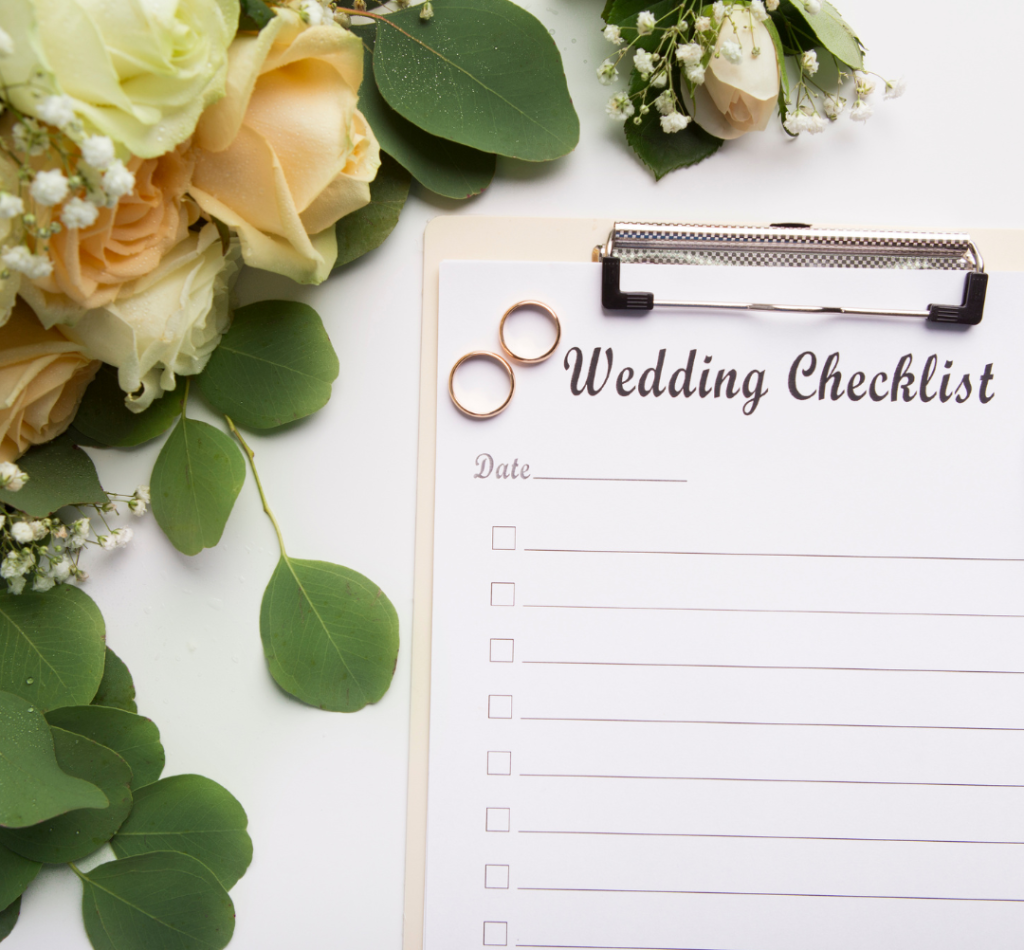Who Traditionally Pays What Costs in a Wedding?
- Home
- Blog
- Luxury Wedding
- Who Traditionally Pays What Costs in a Wedding?
Is the Bride’s Family Still Expected to Pay Most?
So, traditionally, like, the bride’s family was kinda expected to shell out most of the cash for the wedding. You know, they typically footed the bill for things like the ceremony, reception, the dress, and decorations. This, like, goes way back to when folks saw weddings as the bride’s family’s gig.
But hey, we’re not in the 1950s anymore. These days, couples are doing their own thing when it comes to paying for weddings. While some families still hang on to the old-school way of doing things, others are, like, totally changing it up based on what they can afford, what they believe in, and how they roll culturally. The main thing, I guess, is that whatever choice is made, it should, you know, feel fair and not be all awkward for everyone involved.
What Does the Groom’s Family Typically Pay For?
Back in the day, the groom’s family didn’t do as much splurging as the bride’s side. Their usual thing was the rehearsal dinner, the marriage license, the officiant’s fee, and maybe even the honeymoon. Oh, and sometimes they covered the dude’s boutonnieres and the bride’s bouquet too.
Nowadays, this whole breakdown can, like, be totally different, you know what I mean? If the groom’s family has more dough, they might take on bigger expenses or maybe agree to split stuff evenly with the bride’s family. In weddings where there’s, like, no set bride or groom or whatever, families just do what seems practical or what they prefer.

Should the Couple Pay for Their Own Wedding?
So, like, more and more couples are just deciding to pay for their own weddings. Probably ’cause, you know, folks are getting hitched later in life now, and by then they mostly have figured out their careers and have their own cash flow going. When they pay, they get to decide exactly how they want things to go, without any family strings attached or anything.
Some couples feel it’s, like, totally cool to have full control over their wedding or at least toss in their own share, especially when both are working and making bank. Plus, when people are tying the knot for a second time, they often choose to handle the entire wedding tab on their own, just to keep it simple and stress-free.
How Should Costs Be Divided in Today’s Weddings?
There really isn’t one single way to divvy up all those wedding costs. Some families like to stick to the old-school etiquette, others go for a straight-down-the-middle split, while many just customize it depending on what everyone can, like, realistically deal with financially.
Here’s one way couples often do this today:
1/3 from the bride’s family
1/3 from the groom’s family
1/3 from the couple themselves
This, I think, is getting pretty popular, especially when everyone wants to chip in equally. But, famillies can also split it by different costs—like one family can handle the venue, and the other might foot the bill for food and drinks. Meanwhile, the couple could take care of their own outfits and maybe the entertainment or whatever.
What Are the Most Expensive Wedding Elements?
To get a grip on splitting the costs, it helps to know what parts of a wedding are, like, the priciest. The venue and the food usually eat up the biggest chunk of the wedding budget. Other big expenses include:
Photography and videography
Wedding attire
Floral arrangements and décor
Entertainment (like a DJ or band)
Invitations and stationery
Transportation and lodging for guests
Couples should make, like, a list of all potential expenses before they start talking to their families. This, I think, makes everything smoother and sets upfront what folks can expect.


When Should You Discuss the Wedding Budget with Family?
Honestly, it’s best to have the budget chat as early as you can—like even before the couple sets a date or looks into any vendors. Keeping things open and honest helps avoid surprises and any weird misunderstandings later on.
Families should totally keep it real about what they can and can’t chip in. It’s okay to, like, say no or put down some boundaries if the cost’s too high. When everyone’s clear from the get-go, planning’s way more fun and less stressful for everyone involved.
Is It Okay to Divide Responsibilities Instead of Money?
Not every contribution needs to be all about the cash. Sometimes, family members might be better off lending a hand or some services. Like, someone who knows their way around design might whip up the invitations, while someone else handles the, like, logistics or sorts out transportation.
These non-money contributions can be super valuable and, you know, really help cut back on the wedding tab. Couples should make sure they appreciate and acknowledge this help, whether it’s about the money or other stuff

How Can Couples Manage Their Wedding Budget Wisely?
Doesn’t matter who’s footing the bill, keeping that wedding budget in check is key. Here are a few tips to stay on track:
-Set a realistic overall budget from the start
-Prioritize the parts that matter the most
-Leave a bit of a buffer for those surprise costs (something like 5-10% is good)
-Keep tabs on all expenses in a shared spreadsheet or budgeting app
-Regularly go over the budget as plans change
I guess, being flexible and keeping communication open is, like, super important. As planning moves along, costs can shift. Letting folks know what’s up helps minimize stress and confusion.
What If One Family Can’t Contribute Equally?
It’s actually really common for one family to have more financial resources than the other. In these cases, sensitivity and respect are key. Couples can avoid making things awkward by finding a way to divide things that doesn’t push any family over the edge.
Sometimes, the family with more might step up and contribute more without expecting more say in decisions. Or, the couple might tweak their wedding plans to match everyone’s budget. It’s really about making sure the day is about celebrating love, not causing any sort of tension.
Conclusion:
There’s, like, no one-size-fits-all answer to splitting up wedding costs. While those traditional roles still have some sway, today’s weddings are more about being flexible and personalizing things. Whether it’s the couple, one or both families, or a mix of all three putting down the funds for the celebration, what really counts is keeping communication open and having realistic expectations.
By, like, focusing on what works best for everyone, couples can have a joyful day without being weighed down by money worries. Understanding today’s wedding budget dynamics allows families to improvise with thoughtfulness, ensuring that love—not money—is the main vibe on their big day.
Should you require assistance with Event Planner Services, do not hesitate to contact our team of experts at VNV Events.
